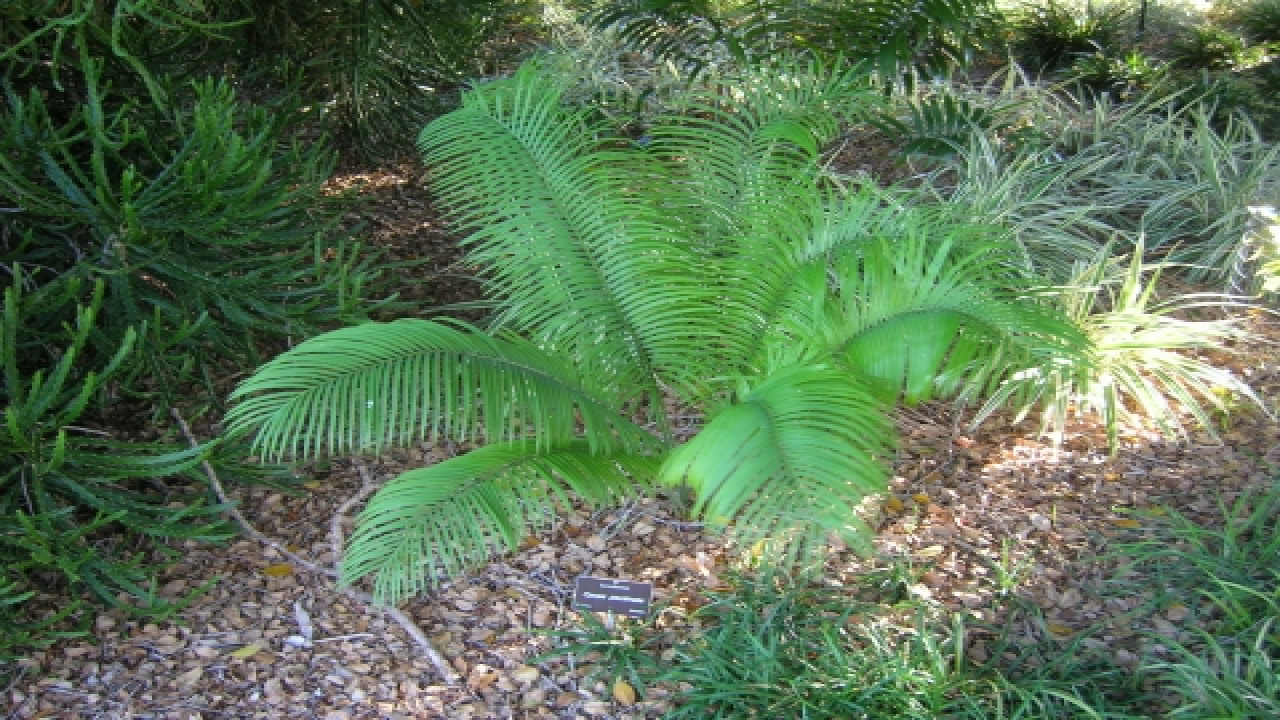Cycas pectinata
An evergreen, palm-like plant with a Jurassic link is under stress in Bhutan, according to a new study conducted by five botanists. The plant in question is Cycas pectinata, the only cycad species found in Bhutan. The study, published in the March edition of the Journal of Threatened Taxa, highlights the vulnerability of Cycas pectinata, which is listed as “vulnerable” in the International Union for Conservation of Nature’s Red List.
Threats to Cycas pectinata in Bhutan
The study on Cycas pectinata was conducted at elevations ranging from 787 to 1,394 meters above mean sea level in known locations of two districts in Bhutan – Trashi Yangtse and Mongar. It reveals that Cycas pectinata is facing multiple threats to its existence in Bhutan. Overcollection as an ornamental plant and habitat destruction are two significant factors contributing to the plant’s stress. Additionally, low seed production and predators such as wild boars could also be hindering the expansion of the plant’s population.
Cycads – Ancient Gymnosperms with Genetic Significance
Cycads are one of the most ancient gymnosperms, with a possible origin in the late Carboniferous period, around 300-325 million years ago. They reached their greatest diversity during the Jurassic-Cretaceous period, when dinosaurs roamed the earth. Cycads are unique in having open-to-air unfertilized seeds that are directly fertilized by pollination.
The genetic information contained in cycads makes them valuable for scientific research and conservation efforts. They are considered bridges in major evolutionary transitions in plants and are indispensable for understanding the origin and subsequent evolution of seed plants.
Species Information and Cultural Significance
Cycas pectinata belongs to the family Cycadaceae, which has 118 accepted species. It was first described by Scottish surgeon and botanist Francis Buchanan-Hamilton in 1824, believed to be a part of modern-day Assam.
Cycads, including Cycas pectinata, hold cultural and economic significance for native populations. In northeast India and some places in Bhutan, the plant is used for religious ceremonies. Locals in certain regions of Bhutan also use the seeds of Cycas pectinata as a dietary supplement, and the young leaves as a substitute for vegetables.
Month: Current Affairs – April, 2023
Category: Environment Current Affairs


